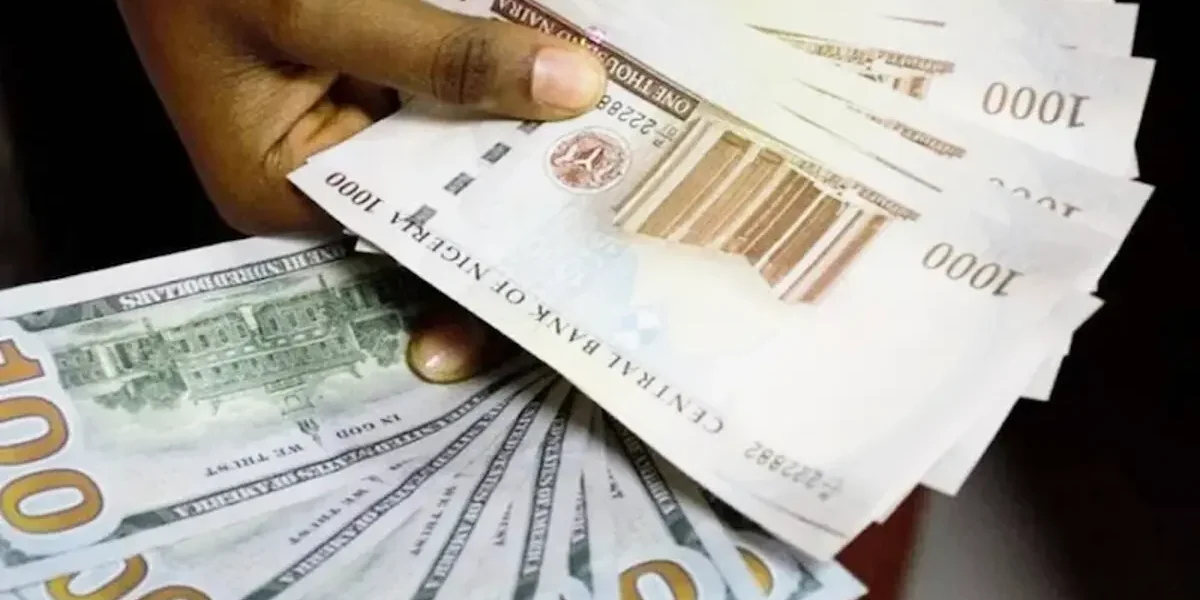How Inflation and Naira to Dollar Fluctuations Shape Luxury Real Estate Choices in Nigeria
In Nigeria’s high-end real estate market, the difference between a smart investment and a costly mistake often comes down to understanding two invisible forces: inflation and currency fluctuations. While a luxury apartment in Ikoyi might seem like a haven, these economic factors silently influence its true value and your returns.
Why the Rich Are Rethinking “Safe” Investments
According to the National Bureau of Statistics, Nigerian inflation rose to 24.23% in March 2025, up from 23.18% recorded in February 2025. For property buyers, this isn’t just about rising prices of cement or tiles. It means the Naira in your bank account loses value faster than premium real estate appreciates. Wealthy buyers now face a dilemma: keep cash and watch it erode, or invest in assets that can outpace inflation?
Currency fluctuations add another layer. When the Naira weakens against the dollar (as it did by 40% between 2023-2024), developers importing materials face higher costs. These costs get passed to buyers, but here’s the twist: luxury properties in prime areas like Banana Island or Eko Atlantic often retain value because they’re priced in dollars indirectly.
The Hidden Winners and Losers
Not all high-end properties perform equally during economic shifts. Consider two scenarios:
- The Overpriced Trap: Some “luxury” estates in secondary locations (e.g., Ajah’s mid-range developments) struggle when inflation bites. Buyers who paid ₦250 million in 2024 might find resale values stagnant because demand concentrates in truly prime zones.
- The Dollar Hedge: Properties in Lagos’ Golden Triangle (Ikoyi, VI, Lekki Phase 1) or Abuja’s Maitama often act as unofficial dollar assets. Their values adjust with currency swings, protecting owners. A ₦500 million home in 2024 could be valued at ₦750 million by 2026, not just due to demand, but because the Naira’s decline makes real estate a store of value.
What Smart Buyers Are Doing Differently
Wealthy Nigerians now prioritise three inflation-proof features:
- Location Resilience: Areas with limited land supply (like Lekki’s waterfront) fare better than speculative markets.
- Construction Quality: Homes with energy-efficient designs (solar, water recycling) offset rising maintenance costs.
- Rental Demand: Properties catering to expats or diplomats generate dollar-linked income, cushioning currency risks.
The Future Outlook
With Nigeria’s inflation projected to remain above 20% through 2025, real estate will keep attracting investors seeking stability. However, the key is selectivity. As Central Bank policies and import costs evolve, prime assets will pull further ahead of average ones.
For buyers, this means:
- Avoid “vanity metrics” like marble floors alone; focus on intrinsic value.
- Work with advisors who track currency trends and material costs.
- Consider partial ownership models for high-ticket properties to spread risk.
Final Word
In turbulent economies, luxury real estate isn’t just about owning a home, it’s about owning the right home. The properties that thrive aren’t just beautiful; they’re built to withstand Nigeria’s unique economic storms.

